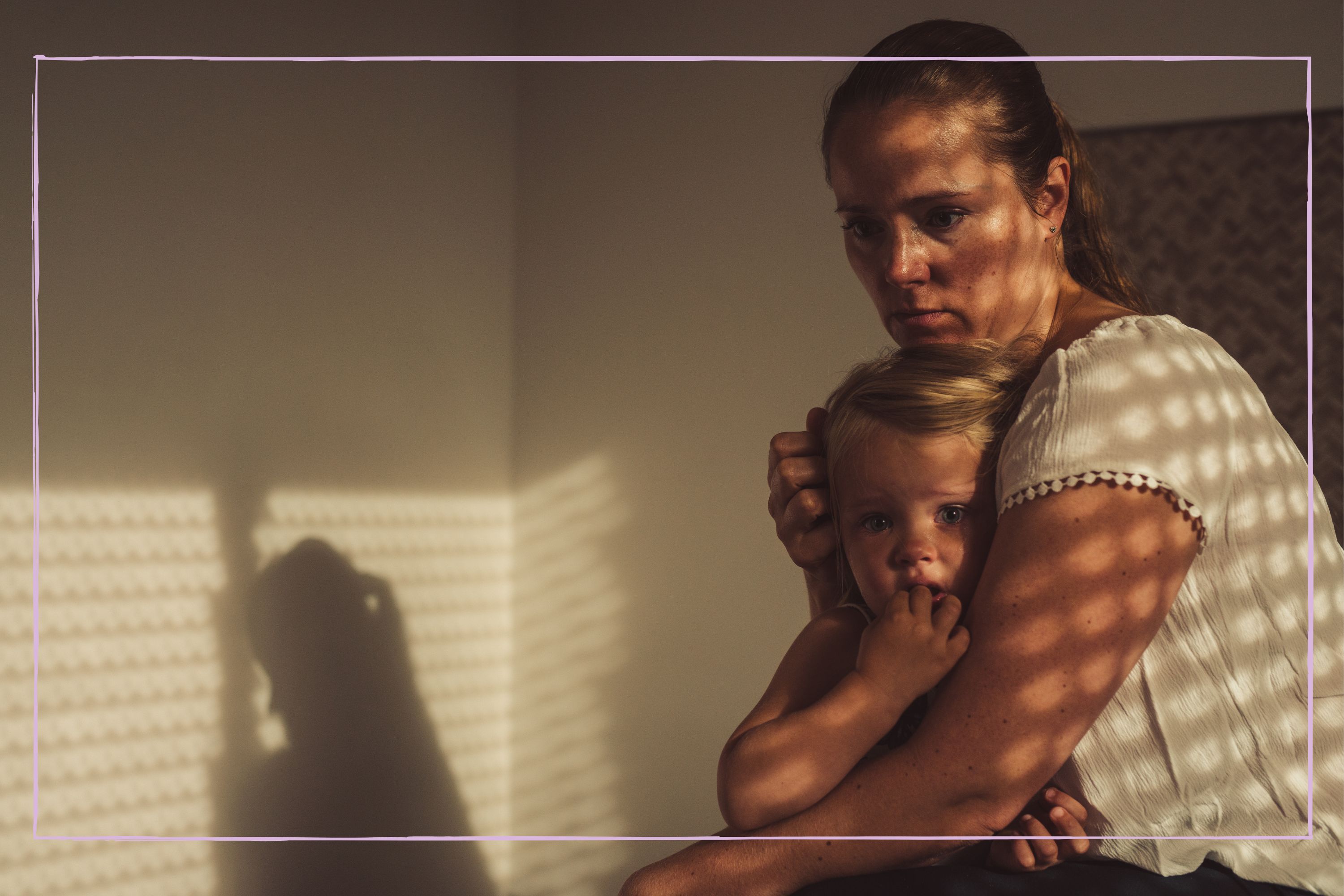
New research reveal how the stress of common household tasks is affecting mothers’ physical and mental health, leaving many to struggle with 'depression, stress and burnout.'
It often falls to mothers to be a child's default parent, the one who has to organise their days, ferry them around, and keep them clean, fed and entertained. It's something we talk about a lot now, re-evaluating the unreachable standards of motherhood and learning how to explain the mental load to partners to better share that load.
But new research has revealed that there is an ‘invisible’ aspect of family life leaving many mums struggling with 'depression, stress and burnout.'
A study called cognitive household labour: gender disparities and consequences for maternal mental health and wellbeing, reveals the simple anticipation, planning, organising, and delegation of household tasks like hoovering, tidying, making dinner, washing up, etc, may be just as taxing on mums as actually doing those tasks.
This thinking about tasks yet to be done is called 'cognitive housework' and the study's lead researchers Darby Saxbe, a Professor of Psychology, and Lizzie Aviv, a Ph.D. Candidate in Psychology, say that far more mothers struggle with it than dads.
Speaking to 322 mothers of young children, the research found that mothers perform 73% of all cognitive household work and 64% of physical work in contrast to their partners’ doing 27% and 36% respectively.
As a result, the mothers in the survey reported experiencing higher levels of depression, stress, relationship dissatisfaction, and burnout than their peers. The researchers also point out that the long-term effects, while currently un-researched, will likely have an impact on mothers' physical health too.
The researchers explained, “Cognitive labour may be particularly taxing for women because it often runs behind the scenes and goes unacknowledged or unappreciated by others. It also pulls mental energy away from other priorities."
It's always great when an age-old phenomenon is given a name that makes talking about it, and understanding it properly, easier - just like with the term matrescence that left mums everywhere relating hard. Now we know cognitive housework exists, we can start to tackle it. From noticing the signs of burnout to implementing more practical solutions like teaching your kids about the mental load and getting them involved in chores to help ease it, we can begin making our lives a little easier.







